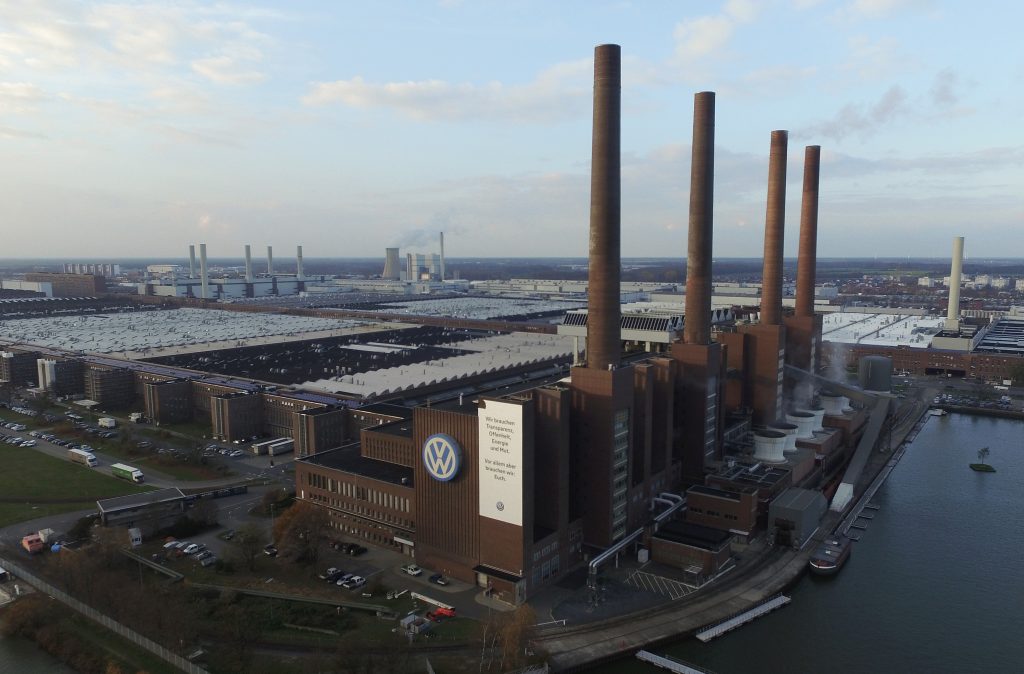Genevieve Donnellon-May

Yet in Western Europe, France and Germany are showing an unwillingness to join their allies in decoupling from China. French President Emmanuel Macron’s recent comments that Europe should not get ‘caught up in crises that are not ours’ demonstrate this.
If anything, their relationship with Chinese capital is thriving. China is one of France and Germany’s major trading partners outside of the European Union and a significant export market for goods such as luxury goods and pharmaceuticals.
Exports to China made up 7.4% of Germany’s total exports and 4.21% of France’s in 2019, with these numbers growing over the last three years to record levels. Given China’s growing middle class, the country presents an enormous potential consumer market in years to come.
According to recent reports, France’s bilateral trade in goods with China exceeded US$100 billion for the first time in 2022, an increase of 14.6% on 2021. The recent signing of 18 cooperation agreements by 46 French and Chinese companies across numerous sectors further emphasises the gathering pace of these trade relationships.
As for Germany, its total trade with China saw an increase of 21% from 2021. While exports increased by a modest 3.1%, Germany’s imports from China accounted for much of the growth, soaring by more than a third.
Specifically, Germany imports from China about two thirds of its rare earth elements, many of which are indispensable in batteries, semiconductors, and magnets in electric cars. This shows that Germany and France will rely more on China as time passes for the critical raw materials needed to fuel their economic growth and energy transitions.
Furthermore, various French and German companies would prefer to grow their established production facilities and extensive sales networks in China. With the trade relationship expanding so rapidly and estimates suggesting that more than 2 million German jobs depend on exports to China, the countries’ economies are set to become even more intertwined.
German companies Volkswagen and chemical processor BASF, for instance, are significantly expanding their investments in China. Volkswagen, which already has more than 40 plants in China, recently announced that it will invest billions in new local partnerships and production sites. BASF, which has 30, says it will invest US$10.9 billion in a new chemical production complex there.
Given all this new activity, making a show of decoupling from China could cause significant repercussions for France and Germany.
Ultimately, the costs of decoupling outweigh the benefits for the two governments. While their allies might come to bemoan their inaction, they just won’t forgo such significant opportunities for French and German companies in China.
Additionally, decoupling could trigger retaliation, as it did with Australia, with China halting exports to the two countries, increasing tariffs, or reducing market access to French and German goods. All in all, France and Germany are unlikely to shift from their stance. They’d prefer to let their markets flourish and work out the rest later.
No comments:
Post a Comment